The Results Announcement Conference of the Global Digital Economy Conference (GDEC) 2024 was held on July 5 to review and summarize the rich outcomes and highlights during the conference. Xu Xinchao, deputy secretary-general of the Beijing Municipal People's Government, and Lou Yixiang, deputy secretary of the CPC Working Committee of the Management Committee of Zhongguancun Chaoyang Park (the Chaoyang District Bureau of Science and Information Technology) and director of the committee, delivered a speech. Pan Feng, a member of the Leading Party Members' Group of the Beijing Municipal Bureau of Economy and Information Technology and deputy director of the bureau, released the conference's overall outcomes.
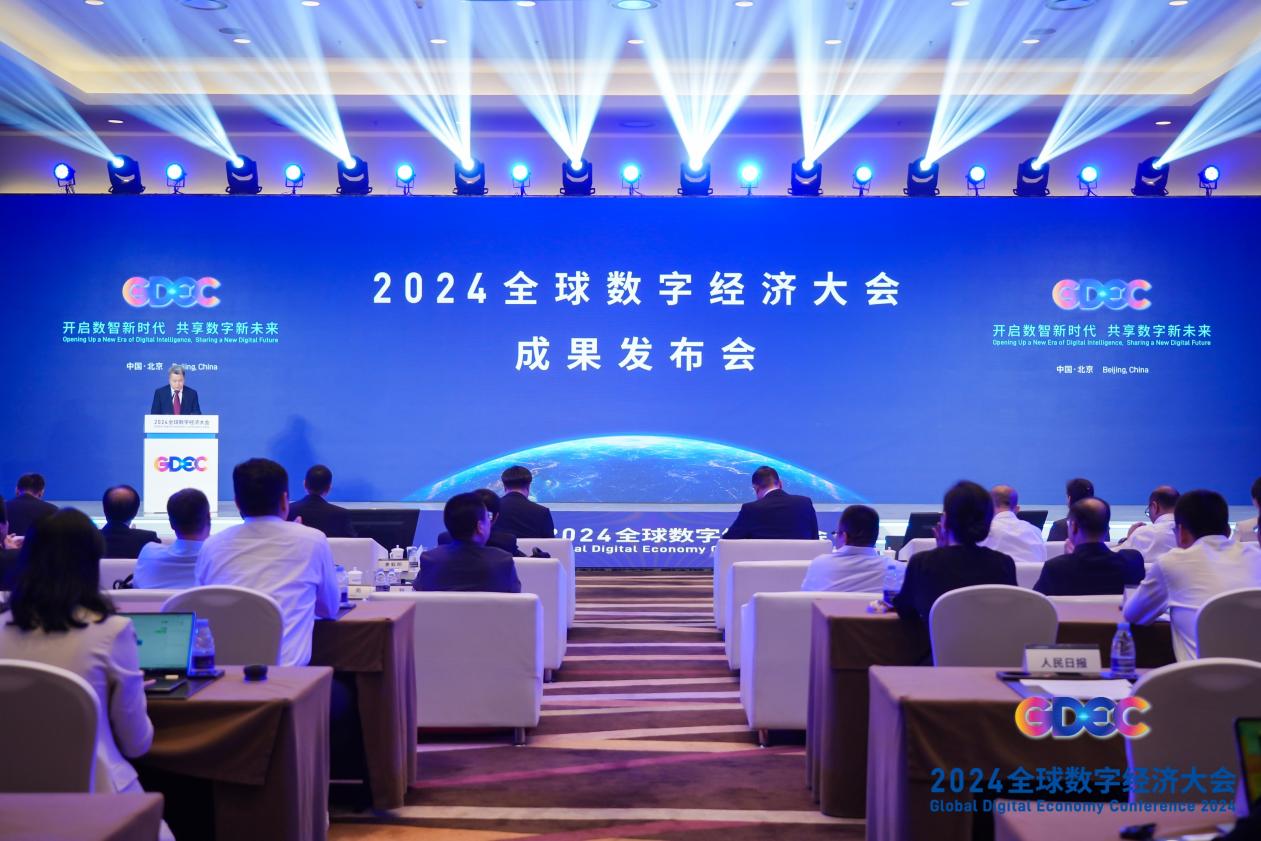
Xu Xinchao, deputy secretary-general of the Beijing Municipal People's Government, said from its inception in 2021, the annual GDEC has served as a platform for digital-related international exchanges and cooperation, drawing the active participation of numerous world-renowned academic institutions, industrial elites, and think tanks. The highlights of the GDEC 2024 are mainly reflected in four aspects: building a global digital economy cooperation platform to expand the achievements of international cooperation and exchanges; building a global digital technology hub to deepen coordinated regional development; finding new ways to organize the conference to enhance the driving force of the whole industry chain; promoting international publicity to raise China's voice and expand Beijing's influence.
Pan Feng, a member of the Leading Party Members' Group of the Beijing Municipal Bureau of Economy and Information Technology and deputy director of the bureau, introduced the conference's "Ten Major Outcomes."
First, the "circle of friends" of global digital economy partner cities continues to expand. International cities such as Asnières-sur-Seine in France and Leipzig in Germany have been included in the "partner city" list, bringing the total number of partner cities to nearly 30. Six initiatives have been launched, and the "Cooperation Network Among Domestic and Foreign Chambers of Commerce and Associations," including the European Union Chamber of Commerce in China and the China-Britain Business Council, has been established, better leveraging the function of the international city-level platform.
Second, regional cooperation on the digital economy between East and West China has been strengthened. The "Cooperation and Exchange Conference on Coordinated Digital Economy Development between Beijing and Lhasa" has been initiated, and the "Beijing-Lhasa Digital Economy Coordinated Development Alliance" has been established. Digital economy cooperation between Beijing and Xinjiang, Beijing and Inner Mongolia, and Beijing and Shanxi continues to deepen, improving the digital cooperation between East and West China.
Third, the value of Beijing's data elements continues to be released. Beijing has put forward the development strategy of "One Zone and Three Centers" for data elements, which aims at building a comprehensive pilot zone for market-oriented reform of data element allocation, a national center for data management, a national center for data resources, and a national center for data circulation and trading.
Fourth, the capacity of artificial intelligence innovation and development has been upgraded. The achievements of the Partnership Program on Industrial Innovation of Beijing's General Artificial Intelligence (hereinafter referred to as "Partnership Program") has been released for the first time.
Fifth, the services for digital economy enterprises expanding overseas have been strengthened. The "Innovation Service Center for Outbound Digital Economy Enterprises in Beijing" has been launched by signing cooperation contracts with relevant entities in the Middle East, building a new hub for international innovation cooperation in the "Belt and Road" digital economy. A professional committee for international cooperation on the digital economy has been established to promote the establishment of a cooperative partnership network for the outbound digital economy. The Research Report on International Cooperation of Beijing's Outbound Digital Economy was released, and the "Bellwether Action of International Cooperation in Digital Services" and "Swift Action" have been launched.
Sixth, the digital economy and the real economy have been deeply integrated. Reports such as The Maturity Assessment Model for Digital Transformation of State-owned Enterprises, Typical Case Study on Digital Transformation and Empowerment of Chinese Enterprises 2024, and Citywide Digital Transformation Excellent Cases 2024 have been released.
Seventh, the construction of a national highland for the information technology innovation industry has been accelerating. The "Ten Measures for Information Technology Innovation—First Blueprint" industrial demonstration project 2023-2024 has been released. A project for the integration of Beijing's industry and the Internet has been launched. The "Important Achievements in Information Technology Innovation" in 2023 has been released. An information technology application experience zone has been established.
Eighth, a metaverse experience complex, made its debut. Centering on digital human, smart travel, industrial Internet, and artificial intelligence, eight high-quality experience routes have been provided, allowing the digital economy to become "visible, sensible, learnable, and interactive."
Ninth, authoritative reports on the development of the global digital economy have been released. The White Paper on the Global Digital Economy (2024) has been released for four consecutive years. The Blue Book of the 2024 Beijing Digital Economy Development Report and the Evaluation Standards for Digitally Inclusive Cities have been released.
Tenth, over ten new forums were held for the first time, including "Face-to-Face Dialogue on Digital Economy between East and West China," "Wireless Technology and Its Application," "Female Power in Digital Economy," "Overseas Expansion of Digital Ecology," and "China-Pakistan Cooperation on Eurasian Digital Economy."
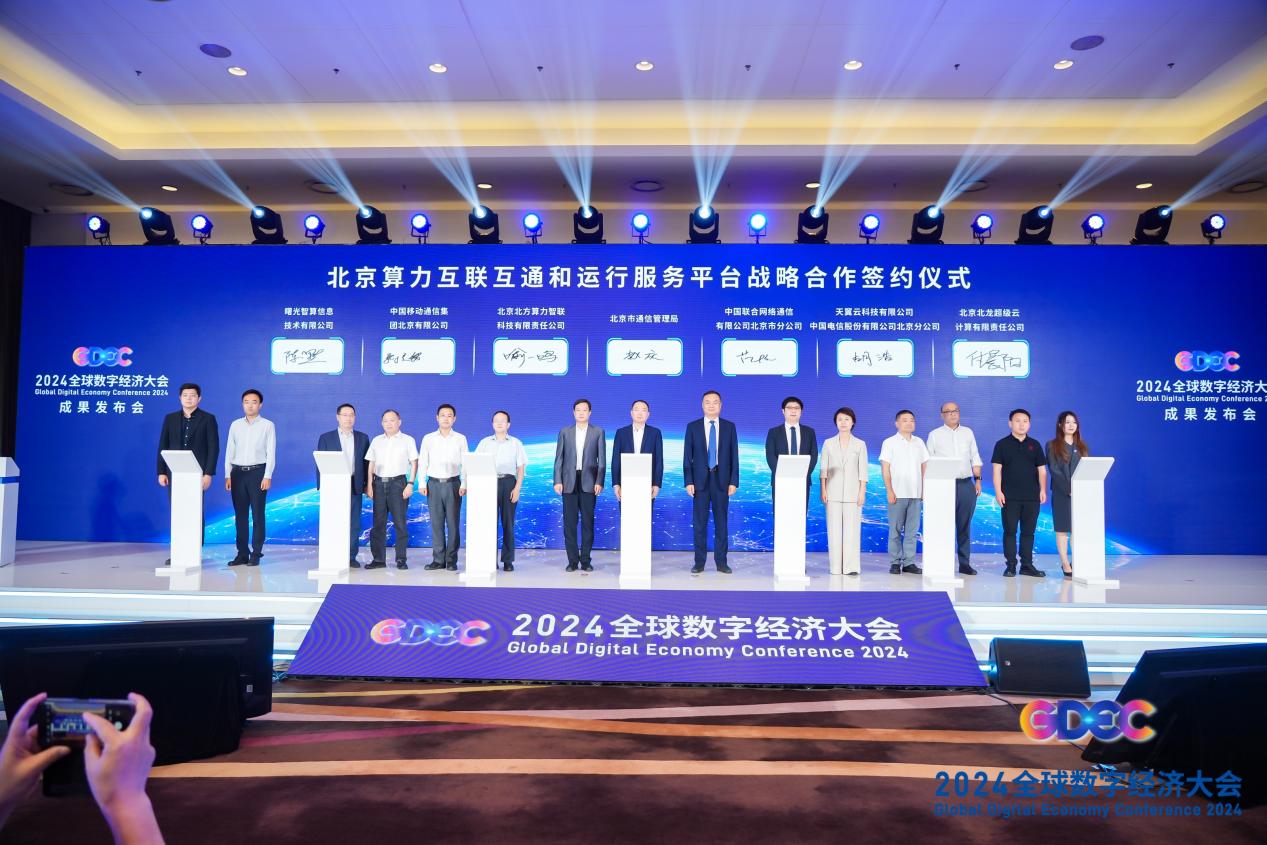
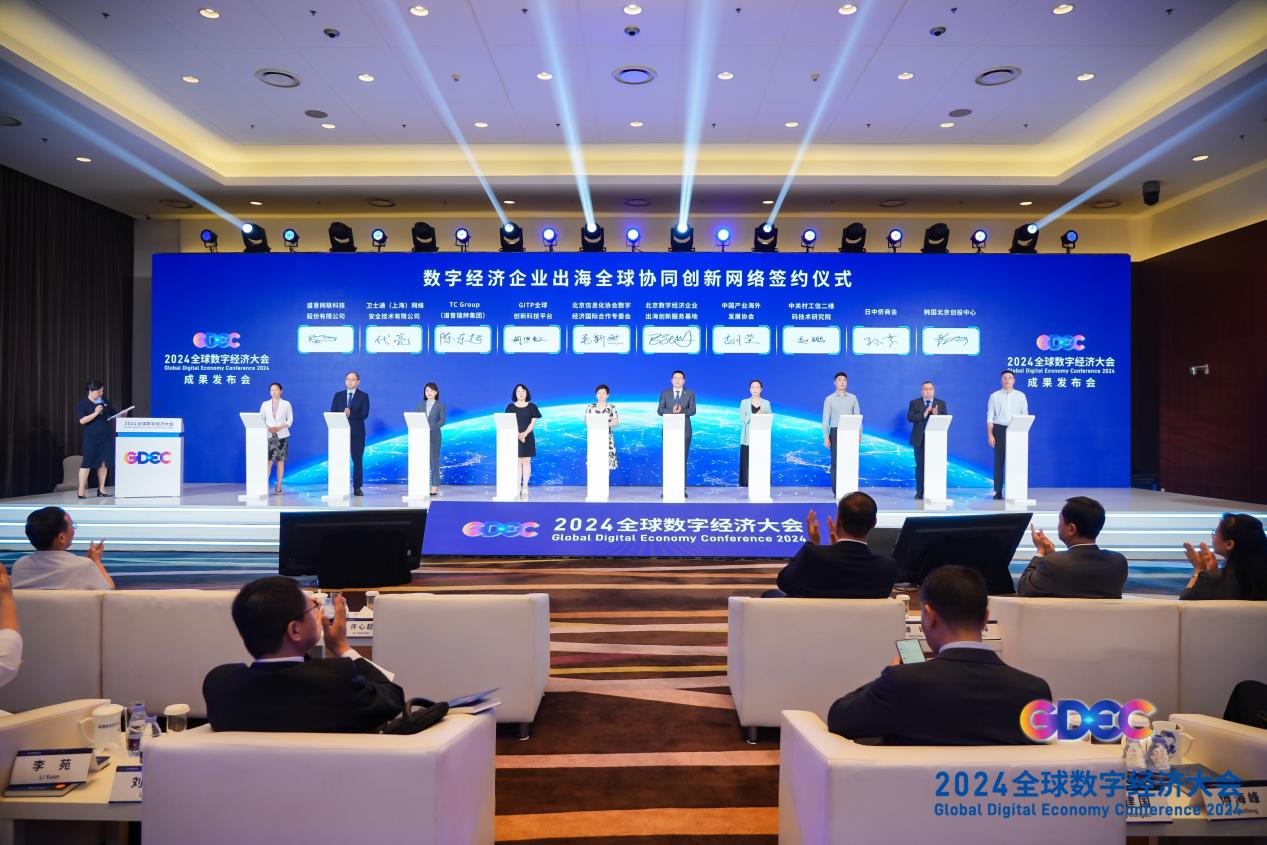
At the results announcement conference, the release of reports such as the Beijing Digital Economy Development Report (2023-2024), the Evaluation Standards for Digitally Inclusive Cities, and Annual Evaluation Report on Digital Value Investment of Listed Companies has provided theoretical guidance and practical reference for the development of the global digital economy. In addition, the signing of key projects such as the Global Collaborative Innovation Network for Outbound Digital Economy Enterprises and the Beijing Computing Power Interconnection and Operation Service Platform has laid a solid foundation for Chinese digital economy enterprises to expand their international market share, enhance their international competitiveness, and promote the global optimal allocation and efficient utilization of computing resources. The conference also awarded licenses to a number of partners and presented awards to entities involved in the preparation, organization, and publicity of the conference. Finally, the conference issued an invitation to the guests and colleagues in the global digital economy to participate in the main event of the GDEC 2025.
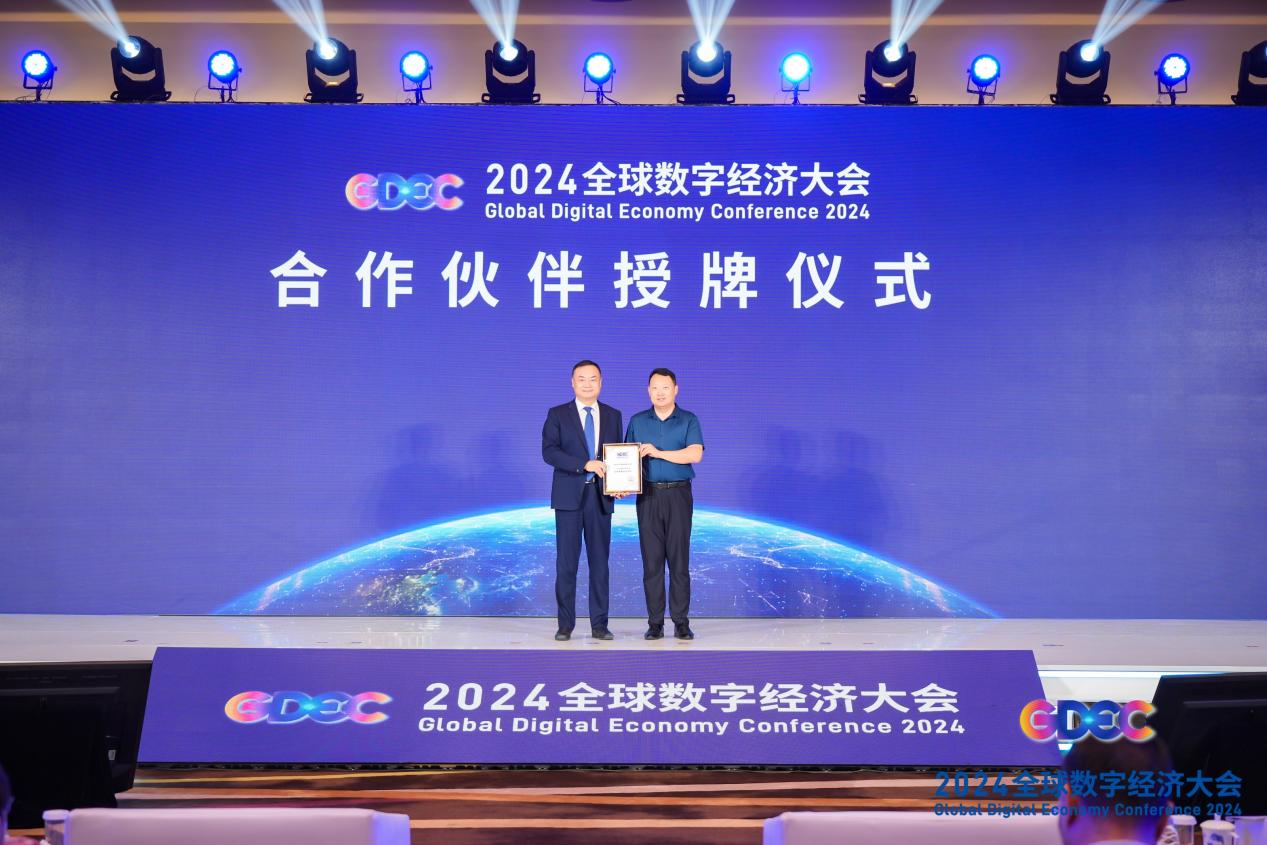
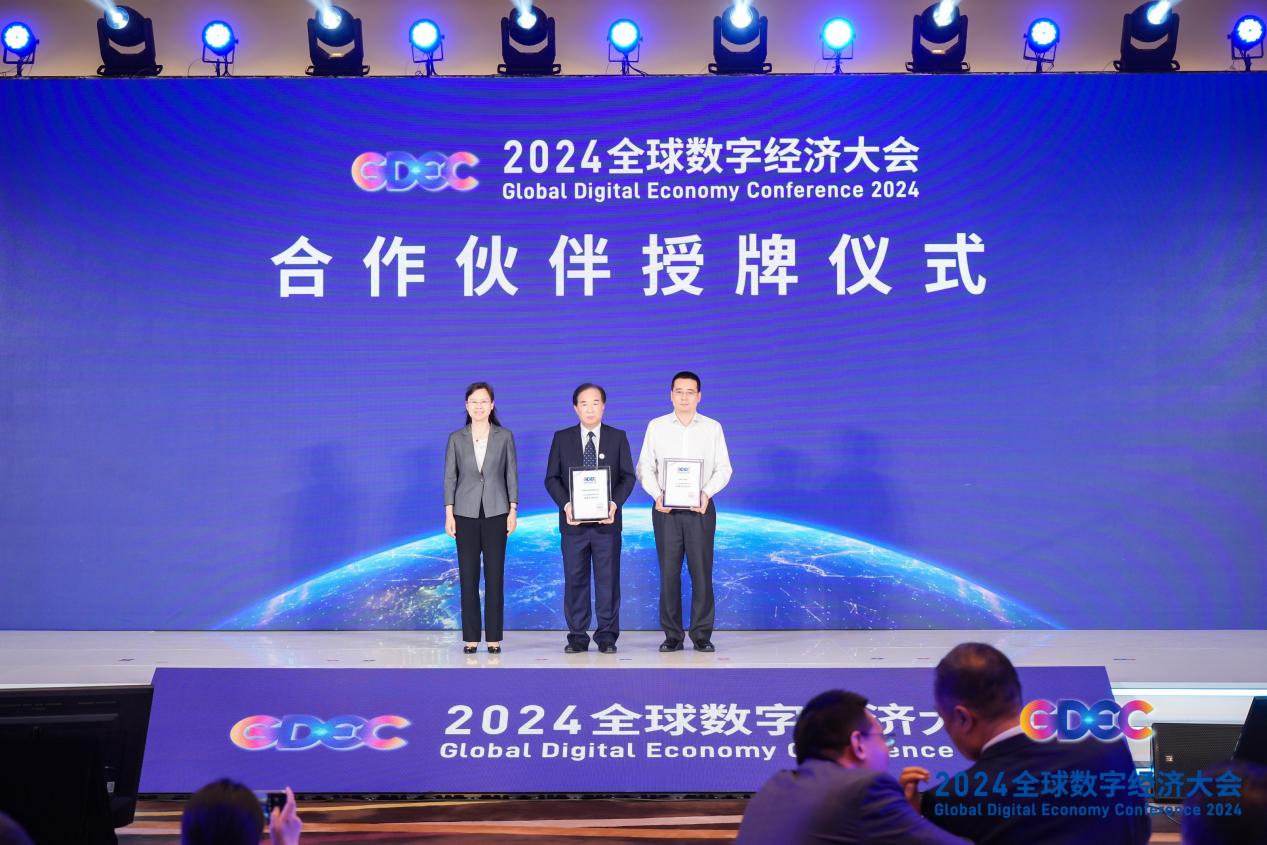
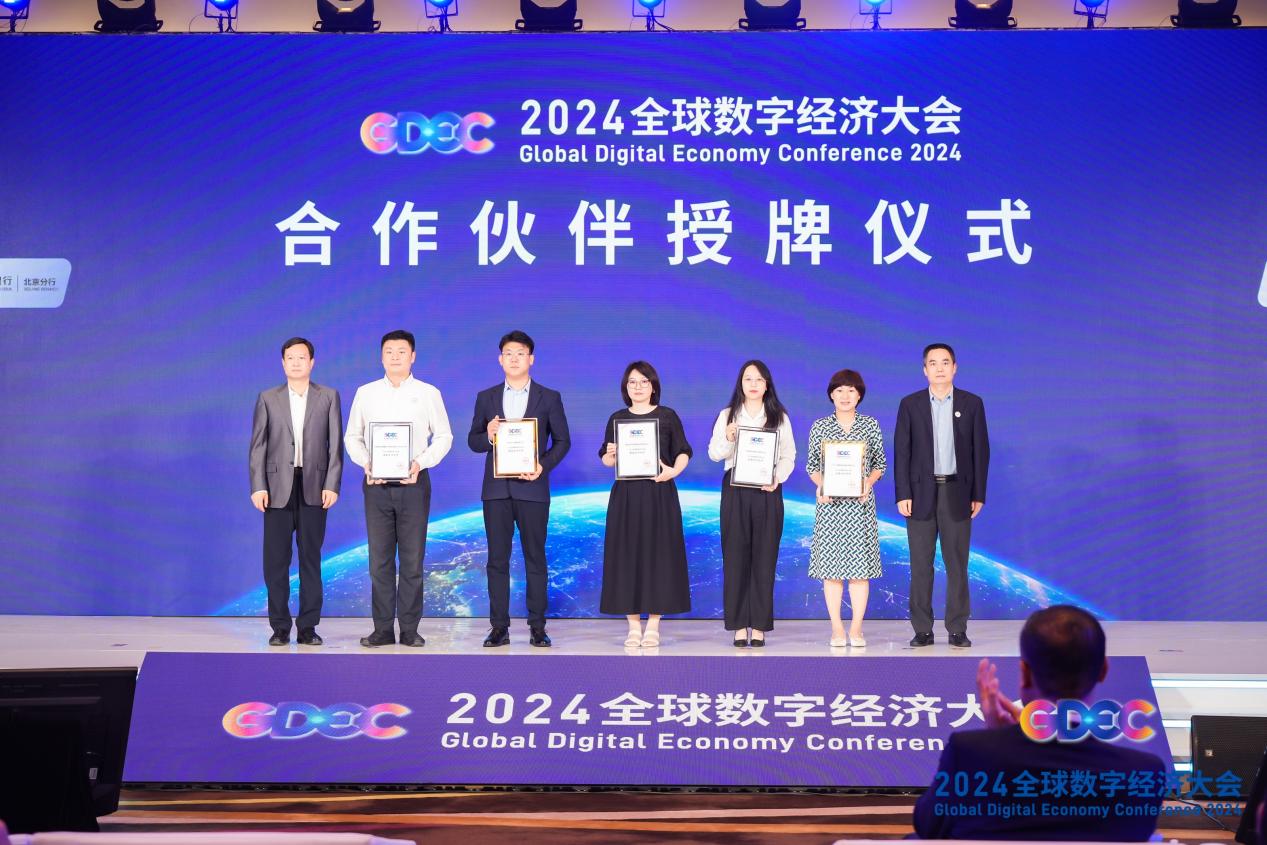
According to the conference's organizing committee, the conference will be followed by a series of exciting supporting activities, which will continue to focus on the digital economy, carry out in-depth discussions of industry trends, promote international cooperation, and contribute to the prosperity and development of the global digital economy.